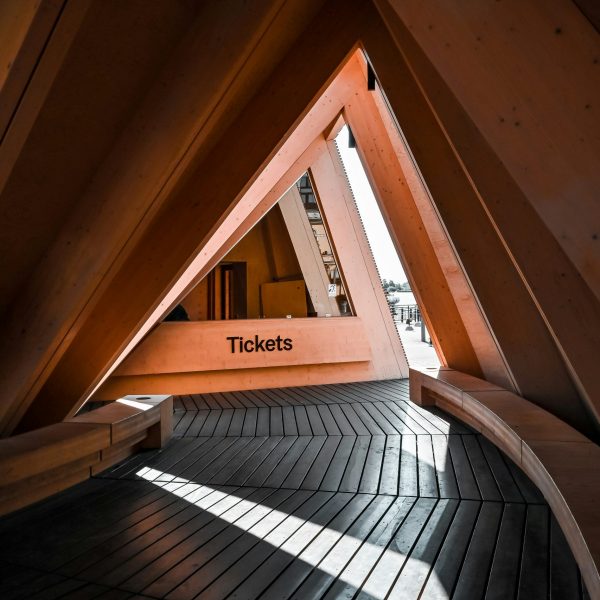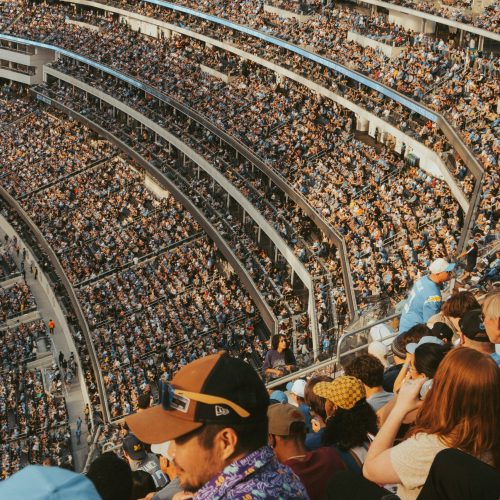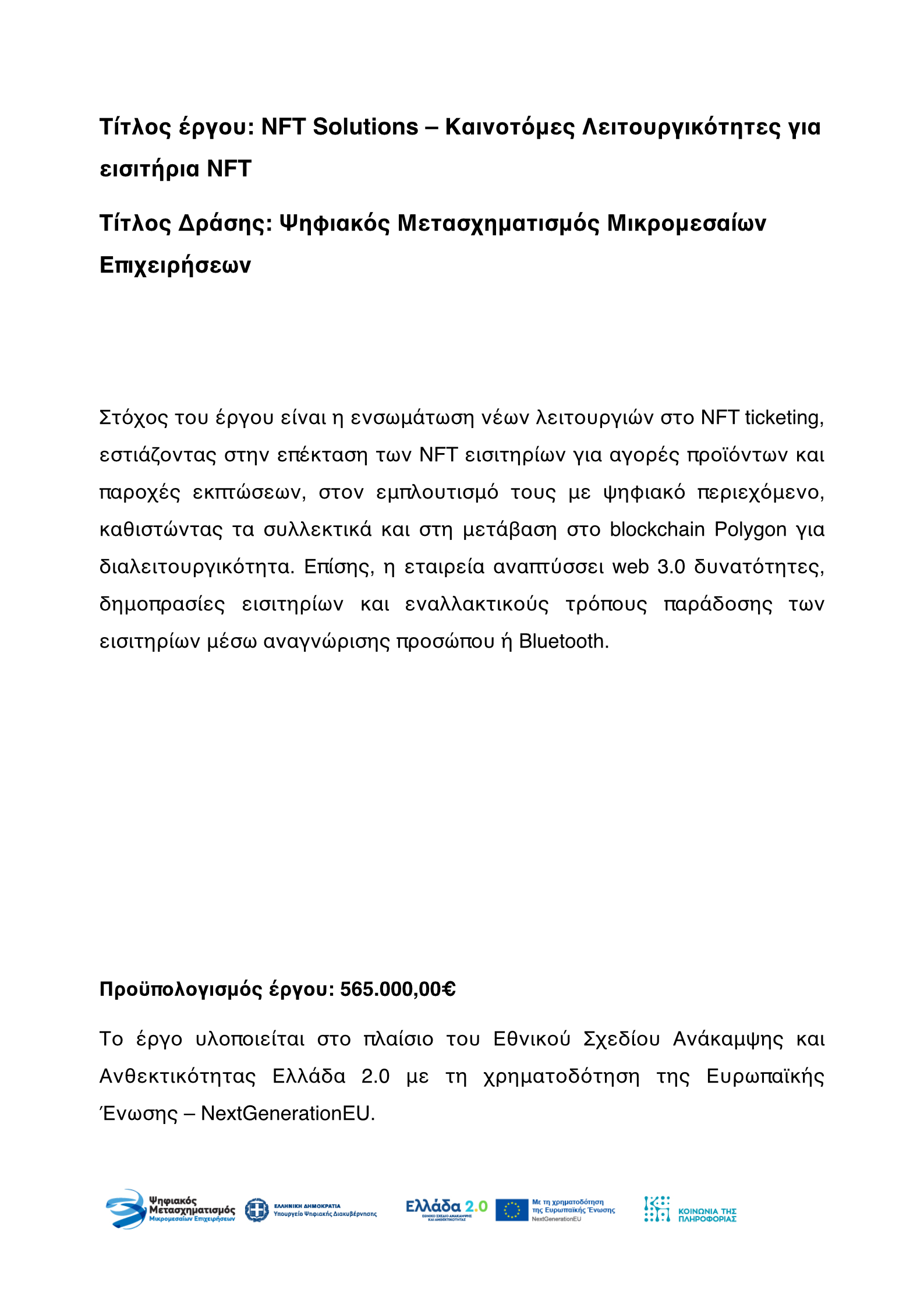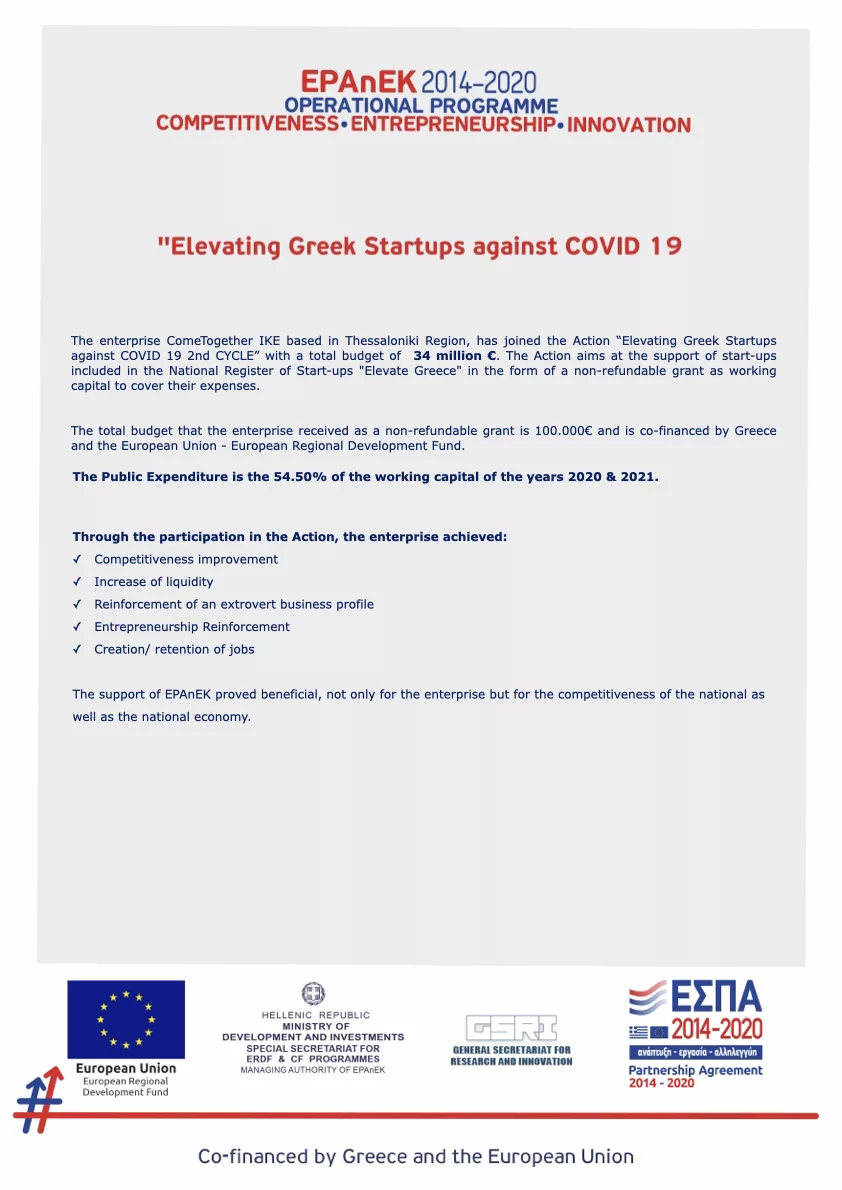Stop fighting the $28.2B wave and start surfing it instead!
Let’s talk about the elephant in the room—that $28.2 billion secondary ticket ecosystem that’s probably already selling your tickets whether you’re paying attention or not. I know, I know, your first instinct might be “those resellers are stealing my profits!” But here’s the plot twist: smart event organizers are actually partnering with secondary markets to build bigger audiences and generate more revenue than ever before.
The numbers don’t lie—we’re looking at a market heading toward $73.4 billion by 2033, and the most successful event organizers have figured out how to surf this wave instead of fighting against it. Ready to flip your perspective and turn the secondary market into your secret weapon? Let’s dive in!




















